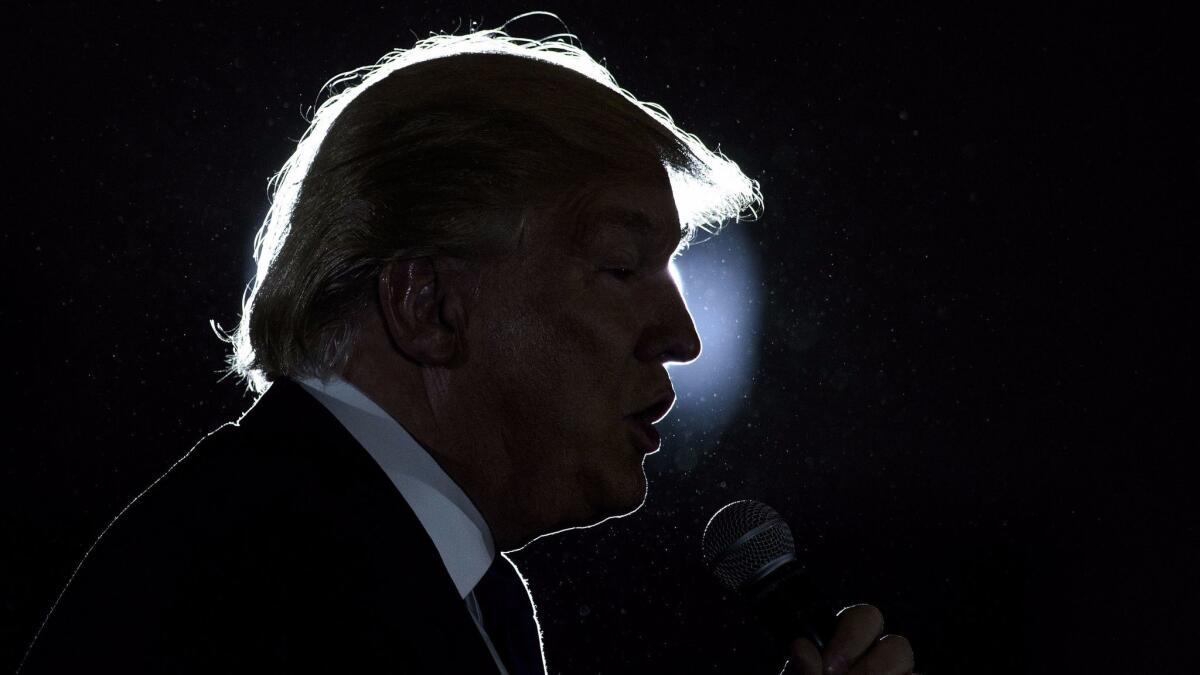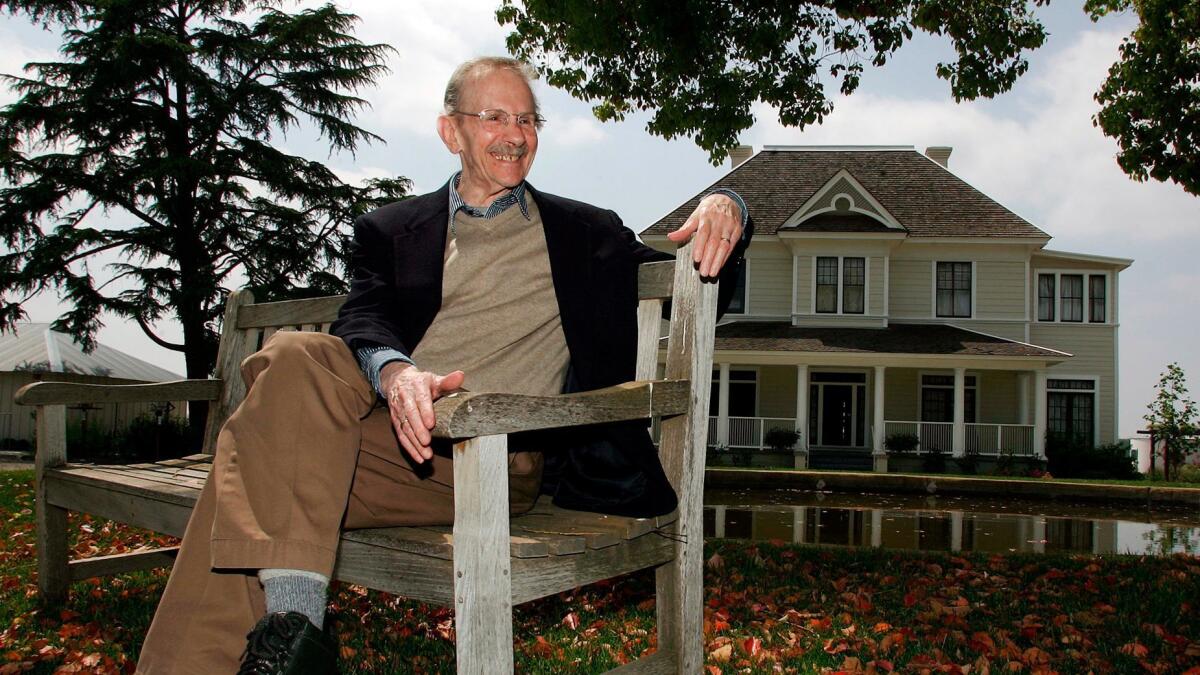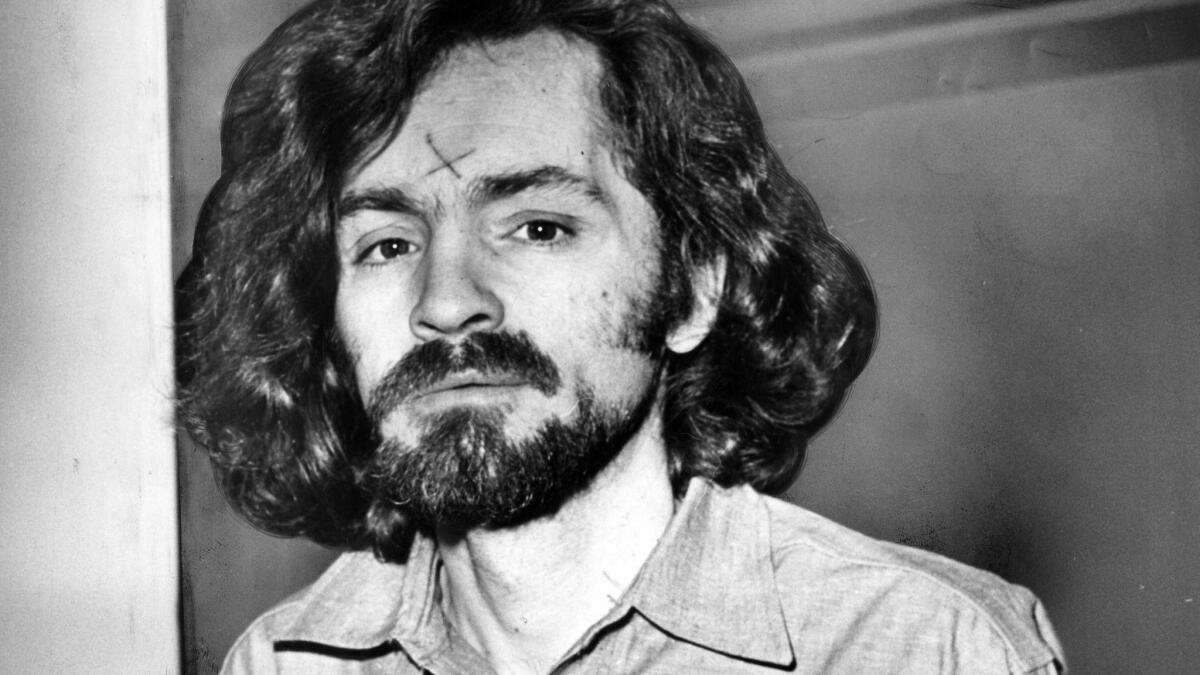Books: How an ‘alt-right’ provocateur got a big book deal, creating in the age of Trump, plus great poetry
The shape of books in 2017 looks to be as riven as our country.
THE BIG STORY
How did Breitbart tech editor Milo Yiannopoulos land a reported $250,000 book deal? Although some were surprised that a provocateur who had been banned from Twitter could be given a significant book advance, when I talked to his agent and experts in the field, one thing was clear: In publishing, this is business as usual.

WRITING IN THE TIME OF TRUMP
The election of Donald Trump as president has set many creatives back. Critic at Large John Scalzi notes that for many who work in creative fields, some of Trump’s possible programs — such as the end of the Affordable Care Act — can have a major impact, and can be a real source of worry and distraction. So he has some advice: a 10-point plan for getting back to writing and creating.

POETRY
Former California Poet Laureate Carol Muske-Dukes gives us an intimate look at the latest poetry collection by Jane Mead, “World of Made and Unmade,” in which the poet spends time with her dying mother, while also reviewing “The Performance of Being Human” by Daniel Borzutzky, which won the 2016 National Book Award in poetry.
Philip Levine grew up near Detroit and worked the line in its auto factories. When he became a poet — even U.S. Poet Laureate — he never forgot those days, which were the texture of his work. Tom Curwen takes a look at two posthumous collections by Levine’s, one of essays on poets, and one of his own poems.

FROM THE ARCHIVES
You might have heard that Charles Manson was taken to the hospital this week. The famous hippie-era ringleader was imprisoned after his followers murdered eight people in Southern California. The story of Manson, the crimes and the trial was indelibly recounted in prosecutor Vincent Bugliosi’s book “Helter Skelter.” When it was published in 1974, it was reviewed by The Times’ Robert Kirsch, who observed, “If Bugliosi is critical, he does not hesitate to give credit where he believes it due. And if he is bitter, it is understandable: He resents the attempts to elevate Manson to a folk-hero — this man who was responsible for killing, whose racist ideas are repugnant (he told his followers: ‘Hitler had the best answer to everything’), who abused the hippie mystique, who debased those around him.”

NUMBERS, NUMBERS
Cathy O’Neil talked about her book “Weapons of Math Destruction,” which looks at the role of algorithms in our lives, with Christine Zhang, a data journalist at The Times — who asked really great questions.
And a last thing from me: In last Sunday’s paper, I suggested that in 2017, publishing needs a big bestseller, an overwhelming No. 1 hit. It’s the kind of book that always comes out of nowhere.
Thanks for reading! I’m carolyn.kellogg@latimes.com







